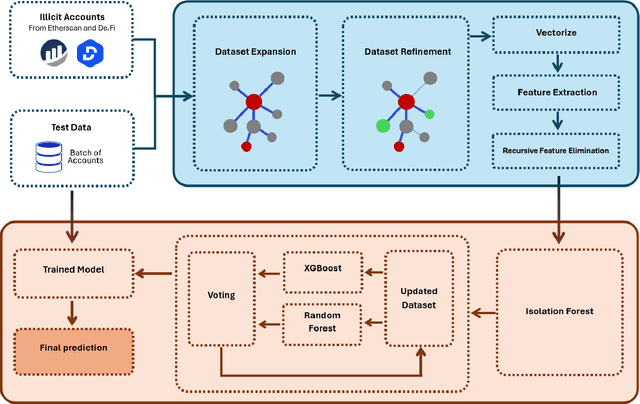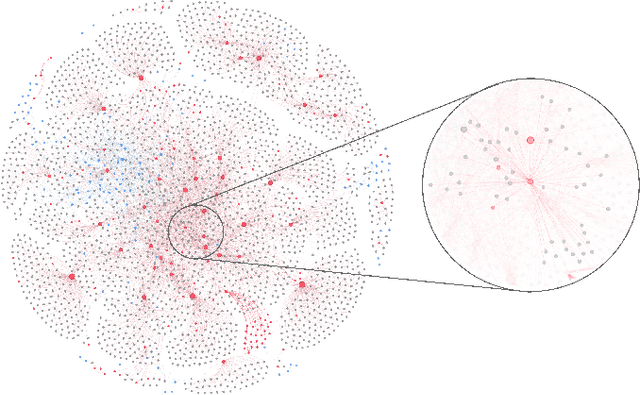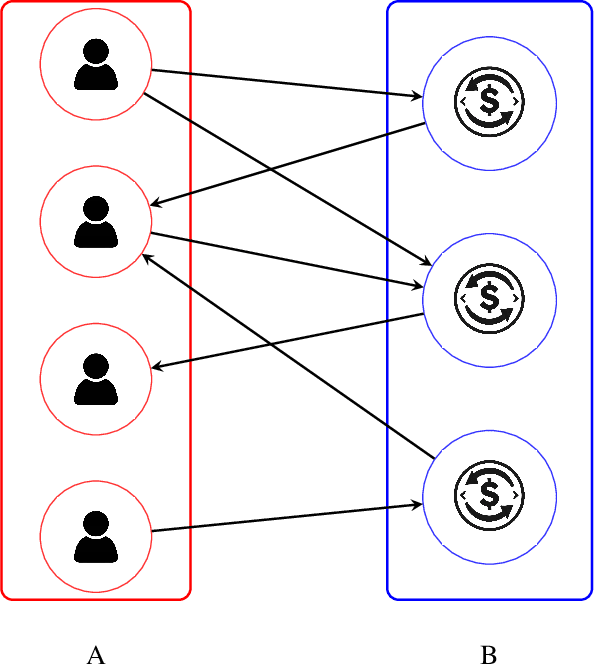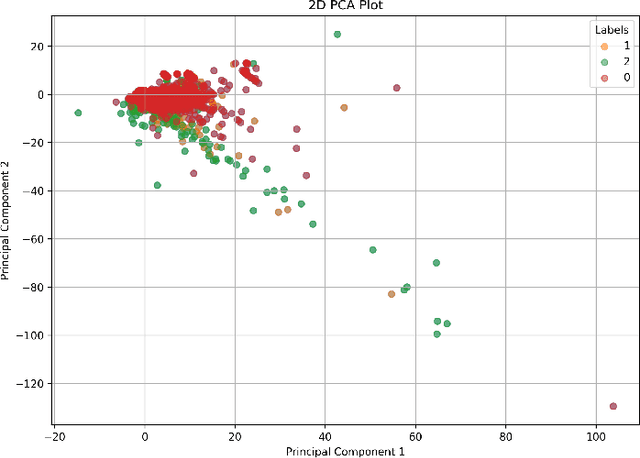Shabnam Fazliani
Design and Implementation of an IoT-based Respiratory Motion Sensor
Dec 06, 2024Abstract:In the last few decades, several wearable devices have been designed to monitor respiration rate in an effort to capture pulmonary signals with higher accuracy and reduce patients' discomfort during use. In this article, we present the design and implementation of a device for real-time monitoring of respiratory system movements. When breathing, the circumference of the abdomen and thorax changes; therefore, we used a Force Sensing Resistor (FSR) attached to the Printed Circuit Board (PCB) to measure this variation as the patient inhales and exhales. The mechanical strain this causes changes the FSR electrical resistance accordingly. Also, for streaming this variable resistance on an Internet of Things (IoT) platform, Bluetooth Low Energy (BLE) 5 is utilized due to the adequate throughput, high accessibility, and possibility of power consumption reduction. Furthermore, this device presents features such as low power consumption (0.4 mW), high precision, and ease of use.
Leveraging Ensemble-Based Semi-Supervised Learning for Illicit Account Detection in Ethereum DeFi Transactions
Dec 03, 2024



Abstract:The advent of smart contracts has enabled the rapid rise of Decentralized Finance (DeFi) on the Ethereum blockchain, offering substantial rewards in financial innovation and inclusivity. However, this growth has also introduced significant security risks, including the proliferation of illicit accounts involved in fraudulent activities. Traditional detection methods are limited by the scarcity of labeled data and the evolving tactics of malicious actors. In this paper, we propose a novel Self-Learning Ensemble-based Illicit account Detection (SLEID) framework to address these challenges. SLEID employs an Isolation Forest for initial outlier detection and a self-training mechanism to iteratively generate pseudo-labels for unlabeled accounts, thereby enhancing detection accuracy. Extensive experiments demonstrate that SLEID significantly outperforms traditional supervised approaches and recent semi-supervised models, achieving superior precision, recall, and F1-scores, particularly in detecting illicit accounts. Compared to state-of-the-art methods, our approach achieves better detection performance while reducing reliance on labeled data. The results affirm SLEID's efficacy as a robust solution for safeguarding the DeFi ecosystem and mitigating risks posed by malicious accounts.
 Add to Chrome
Add to Chrome Add to Firefox
Add to Firefox Add to Edge
Add to Edge